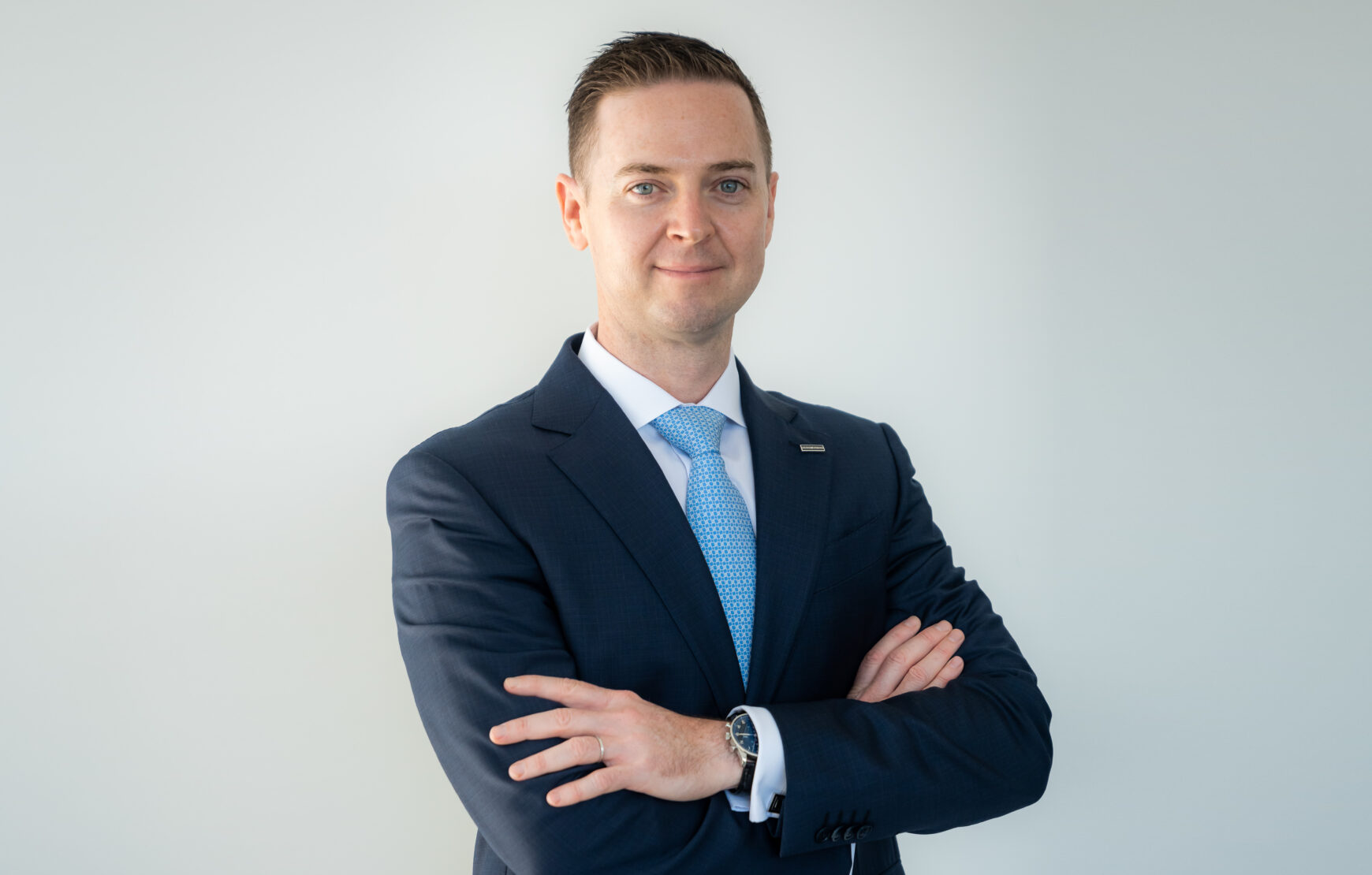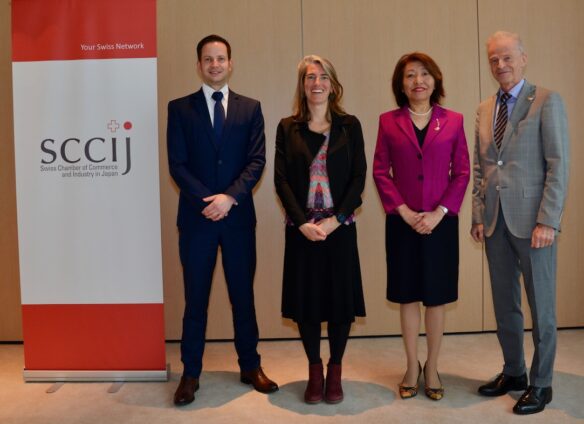Tokyo (SCCIJ) – Up to 44 members and guests of the SCCIJ joined the June webinar about the attitude shifts of professionals in the workplace due to their pandemic experiences. Speaker Mr. Jeremy Sampson, Managing Director at Robert Walters, Japan & Korea, presented insights into the changed mindsets of the workforce in Japan and gave companies some recommendations on how to attract the best talent. We present his webinar talk in Q&A form. Full recording available here!

Mr. Jeremy Sampson of Robert Walters Japan & Korea talked about the attitude shifts of professionals due to their pandemic experiences.
Mr. Sampson, how have the experiences of the pandemic changed the priorities and expectations among professionals?
Jeremy Sampson: Covid-19 has driven people to re-assess what they want in life, including their careers. The transition to remote work and the experience of work from home resulted in greater work style flexibility and shifted the focus to better work-life balance and fulfilling work.
The U.S. is talking about the “Great Resignation” or “Great Reshuffle.” How about Japan?
Jeremy Sampson: Japan is quite insulated from such global trends. We haven’t seen a “Great Resignation” or “Great Reshuffle” in the same magnitude as countries such as the U.S. but there’s definitely been more movement in the job market. A lot more people are considering changing jobs. According to our surveys among professionals, 60% are already looking to change their job, and 25% in the next 1-2 years.
What are the reasons that people are looking for a job change?
Jeremy Sampson: Some reasons have stayed the same such as career progression and salary increases. But other reasons include wanting to try something new, reskill, and have more flexibility.
And what are the motives of professionals for staying and moving to another company?
Jeremy Sampson: Our surveys tell us that 41% value challenging and interesting work, 34% want inspiring colleagues and culture, 30% are looking for flexible working, and 28% emphasize autonomy over tasks and priorities. This aspect has increased a lot during the pandemic.
Japan seems to be quite special because the competition for talent is getting fiercer there due to the declining workforce.
Jeremy Sampson: Pre-Covid, there were 164 jobs per 100 job seekers and while the ratio of job offers to job seekers dipped during the beginning of the pandemic, it still remained above 1.0. Now, the ratio is 1.23 jobs but is much higher for in-demand roles such as specialists, medical technicians, or IT engineers. In the coming years, the talent shortage will worsen due to demographic trends. Therefore, companies are highly concerned about talent shortages, especially at the senior and team leader level.
How can companies stand out in the post-pandemic era to attract talent?
Jeremy Sampson: We’ve been seeing an increasing number of people move from big companies to start-ups as they are attracted to the innovative environment and flexibility that they provide. Around half of the professionals we surveyed said they would prefer working in a start-up over an established company. Larger companies can learn from start-ups and try to incorporate their attractive traits to compete for talent.
In your view, how can companies achieve this goal?
Jeremy Sampson: First, they should become more innovative, encourage experimentation and innovation, embed continuous learning, and provide more opportunities to connect. Many professionals move to start-ups to avoid routine tasks, bureaucracy, and slow career progression. Hence, companies should create growth opportunities, provide more autonomy, bring different departments together, and focus their employee reviews on growth.
How do you attract and keep potential candidates?
Jeremy Sampson: You have to identify the company’s values & strengths, develop a clear vision and mission, and establish and promote your employee value proposition. During the hiring process, provide the preferred candidates opportunities to experience the work culture, keep them engaged throughout the process, and add a human touch to the onboarding experience.
How important is work from home nowadays for job applicants?
Jeremy Sampson: Work flexibility has definitely turned from a benefit to an expectation. One of the first questions we often receive from candidates is what the work arrangements of a company are. Our surveys have shown that flexibility is one of the top factors that professionals prioritize and the current standard is three days in the office and two at home.
Biography of the Speaker
Born in Boonah, Australia, Mr. Jeremy Sampson began his career at Robert Walters in 2006 and played a key role in driving the business and expanding the number of specialized teams in which they recruit. After serving as the Director of the Commerce & Industry Division, he was appointed the Managing Director for Japan and Korea in 2018. As an experienced recruiter, he believes that consultants play a critical role as partners in supporting and advising candidates to achieve their goals.
Text: Martin Fritz for SCCIJ
Find below the complete recording of the webinar:





























